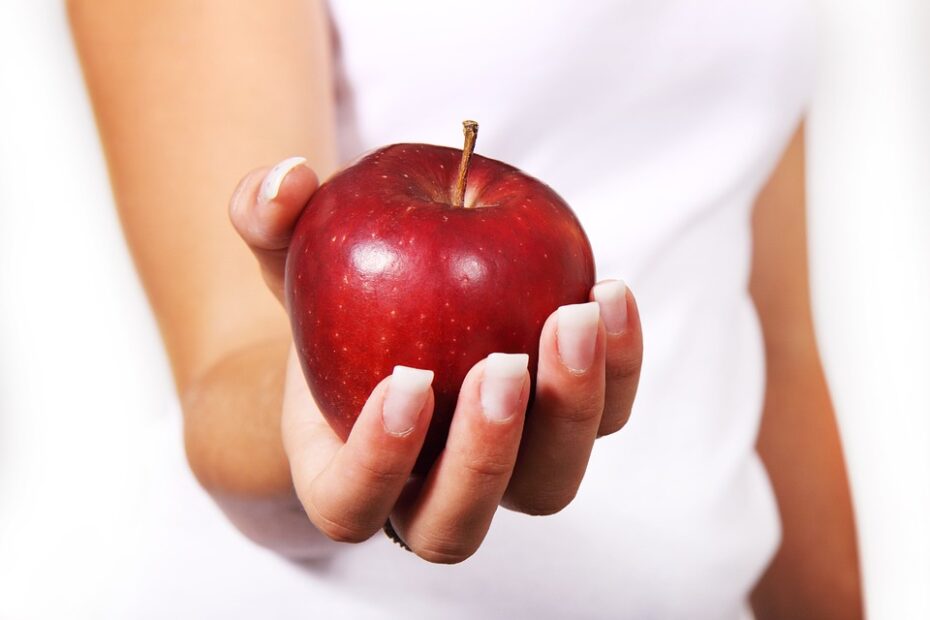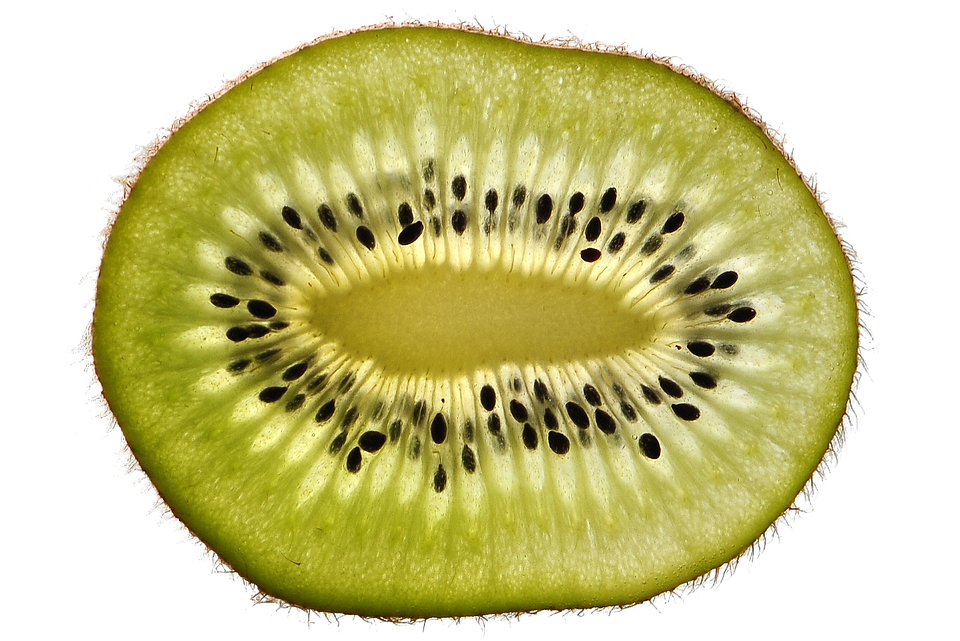Introduction
When it comes to Bariatric surgery, proper nutrition is crucial for long-term success. Bariatric patients must follow a strict diet to ensure they are getting the necessary nutrients while also supporting weight loss goals. In this article, we will discuss the best foods for bariatric patients to help them navigate their post-surgery diet and maintain a healthy lifestyle.
Protein-Rich Foods
Protein is essential for bariatric patients as it aids in muscle recovery and promotes fullness. Lean sources of protein such as chicken, turkey, fish, and tofu should be staples in a bariatric patient’s diet. These foods are not only high in protein but also low in fat, making them ideal for weight loss. Incorporating protein into every meal and snack can help bariatric patients meet their daily protein requirements and stay satisfied throughout the day.
Fruits and Vegetables
Fruits and vegetables are rich in vitamins, minerals, and fiber, making them essential for bariatric patients. These nutrient-dense foods can help prevent nutrient deficiencies and promote overall health. Bariatric patients should aim to fill half of their plate with fruits and vegetables at each meal to ensure they are getting a wide variety of nutrients. Incorporating a rainbow of colors into their diet can help bariatric patients get a diverse array of nutrients and antioxidants.
Whole Grains
Whole grains are an important source of carbohydrates for bariatric patients. Opting for whole grains such as brown rice, quinoa, oats, and whole wheat bread can provide sustained energy and promote digestive health. These foods are also high in fiber, which can help bariatric patients feel full for longer periods and regulate blood sugar levels. Incorporating whole grains into meals can help bariatric patients maintain a balanced diet and support weight loss goals.
Dairy and Dairy Alternatives
Dairy products are a good source of calcium and protein, which are important for bone health and muscle function. Bariatric patients should opt for low-fat or non-fat dairy products to reduce their intake of saturated fat. For those who are lactose intolerant or prefer plant-based options, there are plenty of dairy alternatives available, such as almond milk, soy milk, and coconut yogurt. These alternatives can provide the same nutrients as dairy products without the lactose or saturated fat.
Healthy Fats
While bariatric patients should limit their intake of saturated and trans fats, they still need healthy fats in their diet. Foods like avocados, nuts, seeds, and olive oil are good sources of monounsaturated and polyunsaturated fats, which can help reduce inflammation and support heart health. Including small portions of healthy fats in meals can help bariatric patients feel satisfied and promote overall well-being.
In conclusion, bariatric patients should focus on incorporating a variety of nutrient-dense foods into their diet to support their weight loss goals and maintain a healthy lifestyle. By including protein-rich foods, fruits and vegetables, whole grains, dairy or dairy alternatives, and healthy fats, bariatric patients can ensure they are getting the necessary nutrients while also enjoying a flavorful and satisfying diet. It is important for bariatric patients to work with a registered dietitian to develop a personalized meal plan that meets their individual needs and supports their long-term success.
Top Inquiries Regarding Best Foods For Bariatric Patients
What are the best foods for bariatric patients to eat?
Eating the right foods is crucial for bariatric patients as they navigate their weight loss journey. The best foods for bariatric patients to eat are nutrient-dense, low in calories, and easy to digest. Some examples of these foods include lean protein, fruits and vegetables, and whole grains.
1. Nutrient-dense foods are essential for bariatric patients as they provide the necessary vitamins and minerals to support overall health and well-being.
2. Low-calorie foods help bariatric patients maintain a calorie deficit, which is essential for weight loss and management.
3. Easy-to-digest foods are important for bariatric patients as they may have difficulty digesting certain foods post-surgery.
Why is it important for bariatric patients to focus on protein?
Protein is a crucial macronutrient for bariatric patients as it plays a key role in muscle repair, immune function, and satiety. Bariatric patients need to focus on protein to ensure they are meeting their daily protein requirements and supporting their weight loss goals.
1. Protein is essential for muscle repair and maintenance, which is important for bariatric patients as they lose weight and may experience muscle loss.
2. Protein helps support immune function, which is important for bariatric patients as they may be at a higher risk for nutrient deficiencies post-surgery.
3. Protein is known to increase satiety and promote feelings of fullness, which can help bariatric patients stick to their weight loss plan and avoid overeating.
What fruits and vegetables are best for bariatric patients?
Fruits and vegetables are important for bariatric patients as they provide essential vitamins, minerals, and fiber. The best fruits and vegetables for bariatric patients are those that are low in calories, high in fiber, and easy to digest. Some examples include berries, leafy greens, and cruciferous vegetables.
1. Berries are low in calories and high in antioxidants, making them a great choice for bariatric patients looking to boost their intake of vitamins and minerals.
2. Leafy greens are high in fiber and vitamins, making them a nutrient-dense option for bariatric patients looking to support their overall health and well-being.
3. Cruciferous vegetables like broccoli and cauliflower are low in calories and high in fiber, making them a filling and nutritious option for bariatric patients.
Why is it important for bariatric patients to focus on hydration?
Hydration is crucial for bariatric patients as it supports digestion, nutrient absorption, and overall health. Bariatric patients need to focus on hydration to prevent dehydration, support weight loss, and promote optimal health post-surgery.
1. Hydration supports digestion and nutrient absorption, which is important for bariatric patients as they may have difficulty digesting certain foods post-surgery.
2. Hydration helps bariatric patients feel full and satisfied, which can prevent overeating and support weight loss goals.
3. Hydration is essential for overall health and well-being, as it helps regulate body temperature, maintain electrolyte balance, and support organ function.
What are some easy-to-digest protein options for bariatric patients?
Bariatric patients may need to focus on easy-to-digest protein options post-surgery to prevent digestive issues and promote optimal nutrient absorption. Some easy-to-digest protein options for bariatric patients include lean meats, fish, eggs, and plant-based protein sources.
1. Lean meats like chicken and turkey are low in fat and easy to digest, making them a good option for bariatric patients looking to increase their protein intake post-surgery.
2. Fish is rich in omega-3 fatty acids and easy to digest, making it a heart-healthy protein option for bariatric patients.
3. Eggs are a versatile protein source that is easy to digest and can be prepared in a variety of ways to suit bariatric patients’ tastes and preferences.
Common Misbeliefs About Best Foods For Bariatric Patients
Misconception 1: Bariatric patients should only eat protein-rich foods
Some people believe that bariatric patients should only focus on consuming protein-rich foods, but this is not entirely true. While protein is essential for muscle repair and growth, bariatric patients also need to consume a balanced diet that includes a variety of nutrients.
Misconception 2: Bariatric patients should avoid carbohydrates completely
There is a common misconception that bariatric patients should avoid carbohydrates completely in order to lose weight. While it is important to limit simple carbohydrates such as sugary foods and refined grains, complex carbohydrates like whole grains, fruits, and vegetables are actually important for providing energy and essential nutrients.
Misconception 3: Bariatric patients can eat as much as they want of “healthy” foods
Some bariatric patients believe that they can eat as much as they want of “healthy” foods without any consequences. However, portion control is still important even when consuming nutrient-dense foods like fruits, vegetables, and lean proteins. Overeating can lead to weight regain and other health issues.
Misconception 4: Bariatric patients should focus on supplements instead of whole foods
While supplements can help bariatric patients meet their nutritional needs, they should not replace whole foods in the diet. Whole foods provide a variety of nutrients that work together synergistically, whereas supplements may not be as readily absorbed or as effective in promoting overall health.
Misconception 5: Bariatric patients should only eat bland, unappetizing foods
Some people believe that bariatric patients should only eat bland, unappetizing foods in order to maintain weight loss. However, bariatric patients can still enjoy flavorful and satisfying meals by using herbs, spices, and healthy cooking techniques. It is important to find a balance between enjoying food and maintaining a healthy diet.
Best Foods For Bariatric Patients
#Lean #protein #sources #chicken #turkey #fish #tofu #foods #build #repair #muscle #tissue #weight #loss #surgery.br

